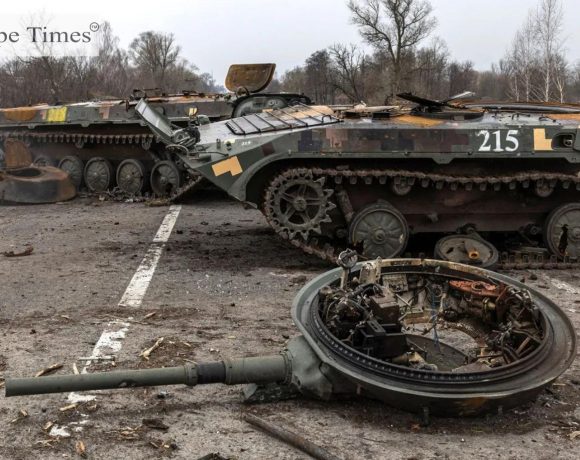
Undisputed heavyweight world champion Oleksandr Usyk was released after being briefly detained by law enforcement officers at Krakow airport in Poland, as confirmed by Ukrainian President Volodymyr Zelenskiy. The 37-year-old boxing icon, who holds the WBC, WBO, and WBA titles, was handcuffed in what his team described as a misunderstanding that was quickly resolved. Zelenskiy expressed his outrage over the incident but confirmed that the situation had been resolved, and Usyk was no longer being held.
Usyk, a national hero in Ukraine for his support of Kyiv’s war efforts against Russia, took to Instagram to reassure fans. He expressed gratitude for the concern shown and praised the Polish law enforcement officers for performing their duties impartially. Meanwhile, Ukrainian Foreign Minister Andrii Sybiha called the detention “disproportionate” and announced that Ukraine’s foreign ministry would engage with Polish authorities to address the matter.
Polish officials have yet to comment on the circumstances of Usyk’s detention. A video posted by Polish media appeared to show Usyk being escorted through the airport in handcuffs, though its authenticity remains unverified. Usyk has been a prominent figure in Ukraine’s war efforts, with his foundation providing vital humanitarian aid and supplies to the country’s front-line forces.
Pic Courtesy: google/ images are subject to copyright














